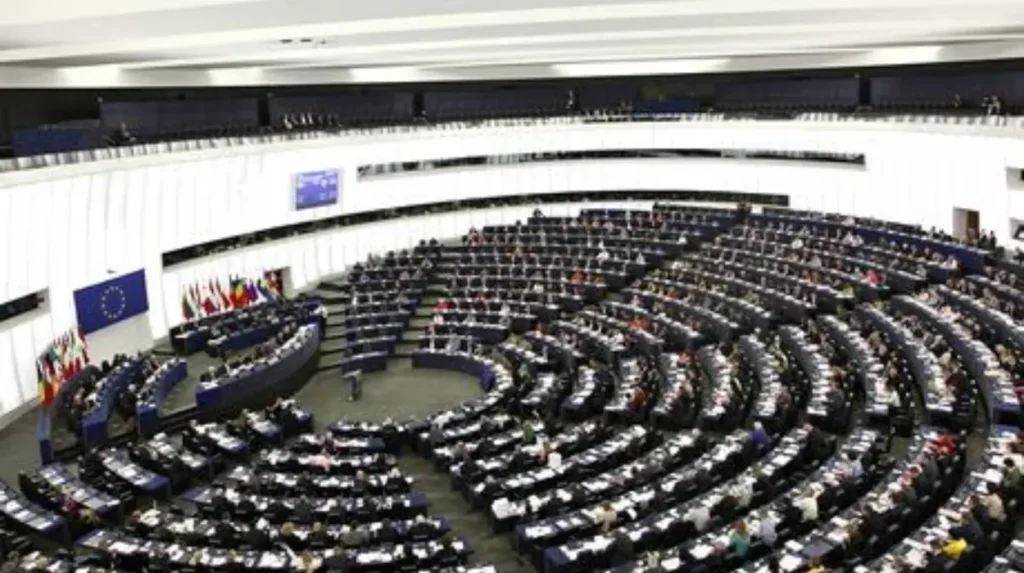Brussels, Belgium, is widely regarded as the political heart of the European Union (EU), hosting major EU institutions such as the European Commission, European Parliament, and the Council of the European Union. With policy decisions made here affecting hundreds of millions of citizens across member states, Brussels has naturally become a vibrant center for lobbying activity. Across its corridors, thousands of lobbyists engage regularly to influence legislation, regulatory guidelines, and EU policies. Understanding how many lobbyists operate in Brussels, who they represent, and what makes this city a global lobbying hub is essential for grasping EU governance and transparency issues.
Estimating the Number of Lobbyists in Brussels
Determining an exact number of lobbyists in Brussels is challenging due to the voluntary nature of lobbying registration and differences in reporting across organizations. Estimates commonly circulate around 25,000 lobbyists active in Brussels, considering those closely involved with EU institutions regularly. This figure includes individuals working directly for lobbying firms, corporations, trade associations, NGOs, consultancies, and other interest groups.
A key metric often cited is the number of European Parliament (EP) access badges issued, which currently stands around 6,240. These badges allow lobbyists access to the Parliament premises and indicate physically present lobbyists. However, many lobbyists operate without permanent badges or may focus on other institutions like the Commission, or engage indirectly through legal or communications advisory roles.
According to the EU Transparency Register, a voluntary but quasi-mandatory database, over 14,800 organizations are listed as active interest representatives, collectively employing over 37,000 individuals involved in lobbying activities. Factoring in potential under-reporting, non-registrants, and fluctuating registration compliance, Brussels-based estimates for total lobbyists range from 25,000 to upwards of 30,000.
The Role of the EU Transparency Register
The EU Transparency Register, launched to increase openness in European lobbying, requires organizations seeking to influence EU policymaking to disclose lobbying expenditures, issues of focus, and lobbying staff numbers. Since 2021, registration has become effectively necessary to meet with high-level EU officials or access the Parliament under the “conditionality principle.” However, while registration ensures transparency, enforcement is limited to privileges such as meeting access; no legal penalties exist for non-registration.
This system means that, although many lobbyists voluntarily register, some groups, such as certain faith-based organizations or permanent representations of member states in the Council, may fall outside comprehensive reporting. Hence, figures from the register represent a substantial but not all-encompassing measure.
The Composition of Lobbyists in Brussels
Lobbyists in Brussels come from diverse backgrounds representing a spectrum of interests:
- Corporate Lobbyists: Large multinational corporations and industry trade groups form the largest segment, focusing on policies affecting sectors such as finance, technology, energy, chemicals, and pharmaceuticals.
- Consultancies and Law Firms: Professional lobbyists providing strategic advice and advocacy services to clients, including drafting legislative language and building coalitions.
- Non-Governmental Organizations (NGOs) and Advocacy Groups: Representing public interest issues like environmental protection, human rights, and social justice.
- Public Affairs Units within Governments: Permanent representations by member states or regional governments aiming to shape EU policy in favor of their constituents.
This diverse ecosystem results in complex lobbying dynamics requiring skillful navigation of EU legislative processes.
Brussels as a Global Lobbying Center
Brussels ranks as the second-largest lobbying center globally after Washington, D.C. While U.S. lobbying expenditures surpass those of the EU, Brussels commands significant annual investments often estimated between €1.6 billion and €2.2 billion. This money funds lobbying firms, campaigns, political action committees, and grassroots mobilizations.
The city’s status as a lobbying hub stems largely from the EU’s complex decision-making framework involving multiple institutions and layers of governance, mandating continuous engagement from various interest groups to influence policies before they become law.
Lobbying Challenges and Transparency Issues
While the Transparency Register has improved visibility into Brussels lobbying, challenges remain. Botched or outdated reporting, voluntary participation, and loopholes exempts certain actors, leaving parts of the lobbying landscape obscure. Debate continues about strengthening transparency measures, introducing enforceable sanctions, and ensuring balanced access between corporate and civil society interests.
Furthermore, criticism exists regarding the disproportionate influence of large multinational corporations compared to smaller organizations and NGOs, raising questions about democratic equity and fair representation in the EU legislative process.
Brussels hosts approximately 25,000 lobbyists actively involved in shaping EU policy, with many more around Europe occasionally influencing the city’s decision-making. This vibrant, multifaceted lobbying community reflects Brussels’ role as a center of political power in Europe. The EU’s Transparency Register provides valuable insights but falls short of full disclosure. Transparency enhancements and equitable lobbying practices remain important goals to ensure that EU policymaking serves democratic interests at large.







